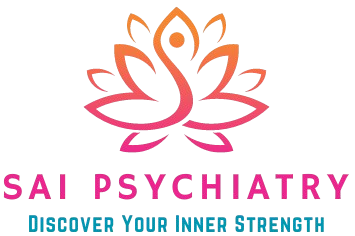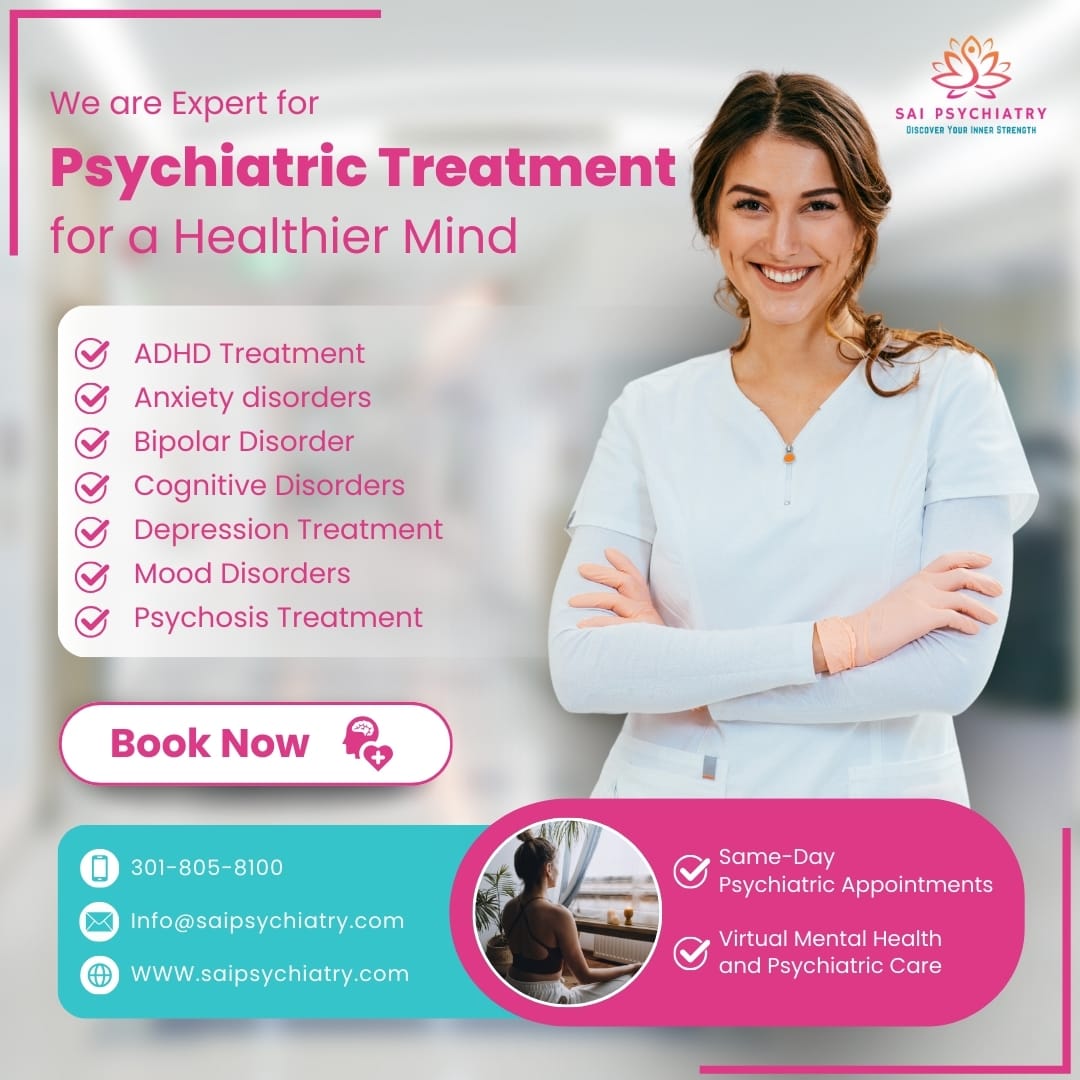Mental health is a crucial aspect of our overall well-being, yet it often remains shrouded in stigma and misunderstanding. With one in five adults experiencing mental illness in a given year, it’s essential to shed light on the various types of mental health problems that can affect individuals. This article aims to explore the different categories of mental health issues, their symptoms, and potential treatments, providing a comprehensive overview for those seeking to understand this vital topic.
The Major Categories of Mental Health Problems
Mental health problems can be broadly categorized into several types, each with its unique characteristics and challenges. Below, we delve into the most common categories, offering insights into their symptoms and potential treatments.
Anxiety disorders are among the most prevalent mental health issues, affecting millions worldwide. These disorders are characterized by excessive fear or worry that can interfere with daily activities.
Common Types of Anxiety Disorders
• Generalized Anxiety Disorder (GAD): Persistent and excessive worry about various aspects of life, such as health, work, and social interactions.
• Panic Disorder: Recurrent panic attacks, which are sudden periods of intense fear that may include physical symptoms like heart palpitations and shortness of breath.
• Social Anxiety Disorder: Intense fear of social situations, leading to avoidance of interactions and significant distress.
Did You Know? According to the Anxiety and Depression Association of America, anxiety disorders affect 40 million adults in the U.S. alone.
Treatment Options
• Cognitive Behavioral Therapy (CBT): A common therapeutic approach that helps individuals identify and change negative thought patterns.
• Medication: Antidepressants and anti-anxiety medications can be effective in managing symptoms.
Mood disorders primarily affect a person’s emotional state, leading to prolonged periods of extreme sadness or elation.
Common Types of Mood Disorders
• Major Depressive Disorder (MDD): Characterized by persistent feelings of sadness, hopelessness, and a lack of interest in activities once enjoyed.
• Bipolar Disorder: Involves alternating periods of depression and mania, which can significantly impact daily functioning.
Symptoms to Watch For
• Changes in sleep patterns
• Altered appetite or weight
• Difficulty concentrating
Treatment Options
• Psychotherapy: Various forms of therapy, including CBT and interpersonal therapy, can be beneficial.
• Medications: Antidepressants and mood stabilizers are commonly prescribed.
Personality disorders involve enduring patterns of behavior, cognition, and inner experience that deviate from cultural expectations, leading to distress or impairment.
Common Types of Personality Disorders
• Borderline Personality Disorder (BPD): Characterized by unstable moods, behaviour, and relationships.
• Antisocial Personality Disorder: Involves a disregard for the rights of others and a lack of empathy.
Treatment Options
• Dialectical Behavior Therapy (DBT): A specialized form of therapy for BPD that focuses on emotional regulation and interpersonal effectiveness.
• Medication: While no medications are specifically approved for personality disorders, some may help manage symptoms.
Psychotic disorders are severe mental health conditions that affect an individual’s perception of reality.
Common Types of Psychotic Disorders
• Schizophrenia: Characterized by hallucinations, delusions, and disorganized thinking.
• Schizoaffective Disorder: A combination of schizophrenia symptoms and mood disorder symptoms.
Treatment Options
• Antipsychotic Medications: These are often the first line of treatment for managing symptoms.
• Psychotherapy: Supportive therapy can help individuals cope with their condition.
These disorders develop in response to a traumatic or stressful event, significantly impacting an individual’s mental health.
Common Types
• Post-Traumatic Stress Disorder (PTSD): Occurs after experiencing or witnessing a traumatic event, leading to flashbacks, avoidance, and heightened anxiety.
• Acute Stress Disorder: Similar to PTSD but occurs within three days to one month after the trauma.
Treatment Options
• Trauma-Focused Therapy: Approaches like Eye Movement Desensitization and Reprocessing (EMDR) can be effective.
• Medication: Antidepressants and anti-anxiety medications may help alleviate symptoms.
Conclusion
Understanding the various types of mental health problems is crucial for fostering empathy and support for those affected. Whether it’s anxiety, mood disorders, personality disorders, psychotic disorders, or trauma-related conditions, each type presents unique challenges and requires tailored approaches to treatment.
If you or someone you know is struggling with mental health issues, it’s essential to seek help. Mental health professionals Sai Psychiatry can provide the necessary support and guidance to navigate these challenges. Remember, mental health is just as important as physical health, and taking the first step towards understanding and treatment can lead to a healthier, happier life.





 Copyright © 2024 Sai Psychiatry. All Rights Reserved.
Copyright © 2024 Sai Psychiatry. All Rights Reserved.